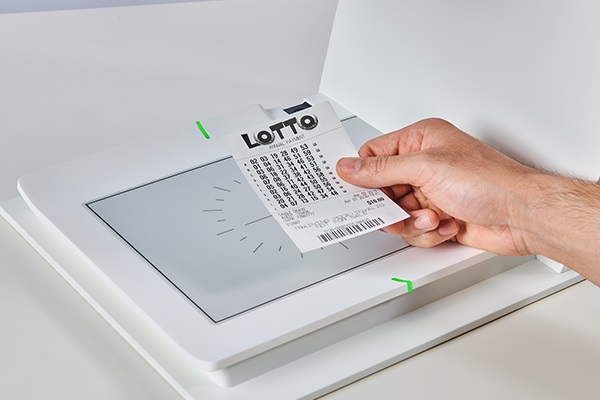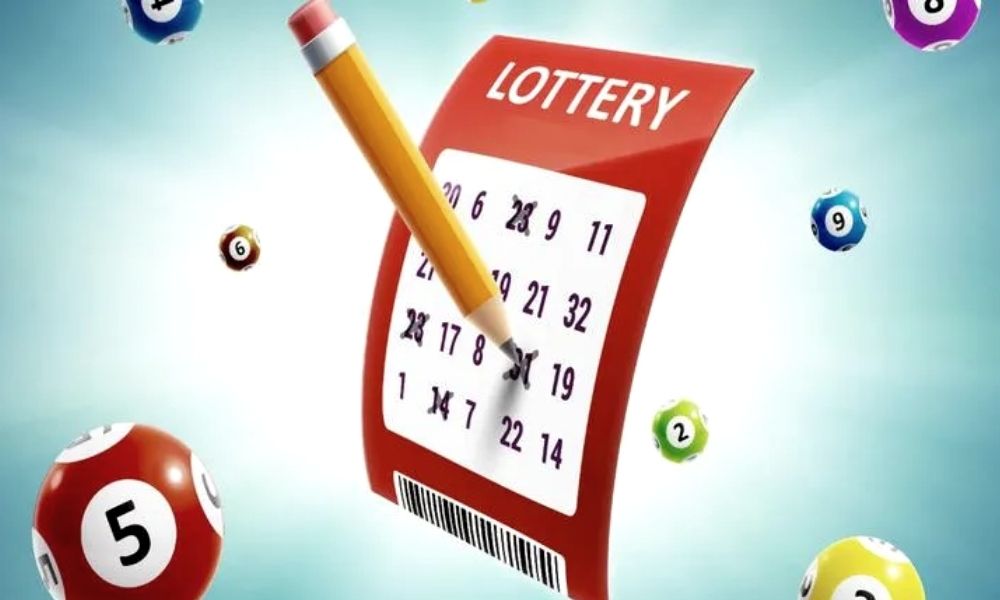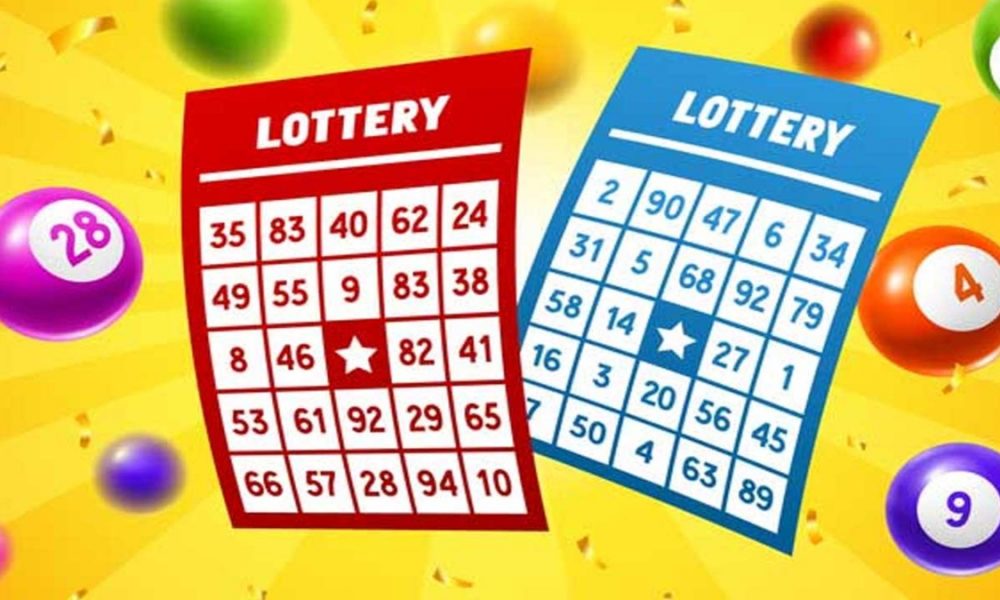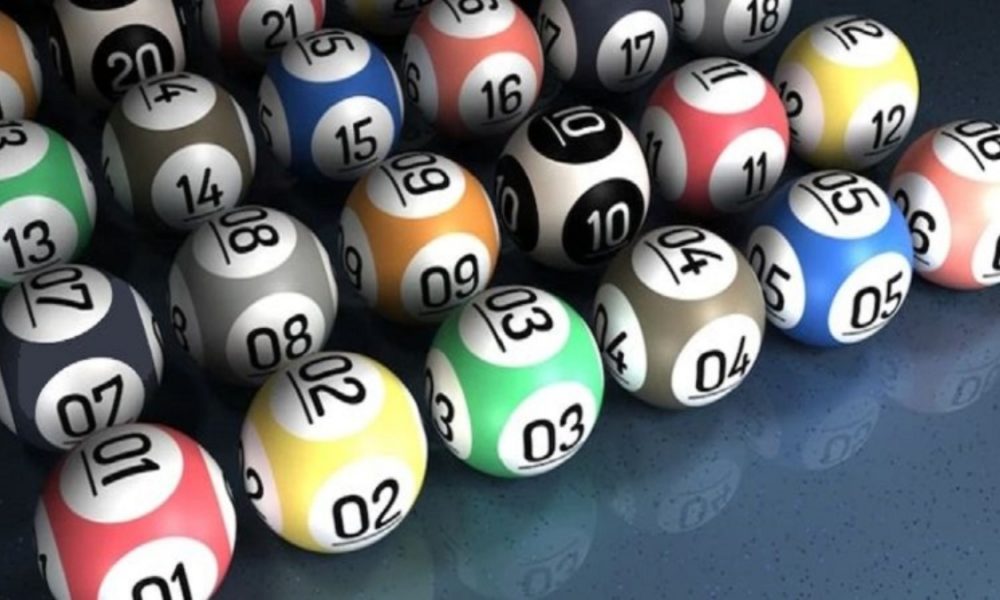Lotteries have been a part of human history for centuries. The concept of lotto, or drawing numbers randomly to select winners, has evolved over time and has been used for various purposes. From ancient China to modern-day lotteries, the evolution of lotto is an interesting journey to explore.
Ancient China
The earliest evidence of lotto dates back to ancient China, where the game was known as Keno. It was believed to have been invented during the Han Dynasty, around 205 BC. Keno was initially used as a way to finance wars and other government projects. Players would select numbers from a pool of 120, and a drawing would take place to determine the winners. The game was so popular that it helped fund the construction of the Great Wall of China.
Europe and the New World
Lotteries spread to Europe during the 15th and 16th centuries. They were initially used as a way to finance public works projects, such as bridges and roads. In the 18th century, lotteries became more widespread in the New World, particularly in the United States. The proceeds from lotteries were used to fund various projects, including the construction of colleges and universities.
Modern Lotteries

Today, lotteries are a popular form of entertainment and a way to win big prizes. The first modern lottery was introduced in the United Kingdom in 1994. Since then, lotteries have become a global phenomenon, with millions of people playing every day.
Modern lotteries use a variety of formats, including scratch-off tickets and online games. The most popular type of lottery is the draw game, where players select a set of numbers and hope to match them with the numbers drawn. The odds of winning vary depending on the game and the number of tickets sold.
The Impact of Lotteries
Lotteries have had a significant impact on society over the years. They have been used to fund public works projects, as well as charitable causes. Lotteries have also been criticized for being a form of regressive taxation, as they tend to be played more by those with lower incomes.
Despite the criticisms, lotteries remain a popular form of entertainment and a way to win big prizes. They have evolved over time, from ancient China to modern-day lotteries, and will likely continue to evolve in the future.
- Keno was the earliest form of lotto, invented during the Han Dynasty in ancient China.
- Lotteries spread to Europe and the New World during the 15th and 16th centuries.
- The first modern lottery was introduced in the United Kingdom in 1994.
- Lotteries have been used to fund public works projects and charitable causes.
- Lotteries have been criticized for being a form of regressive taxation.
The evolution of lotto is a fascinating journey that spans centuries. From its origins in ancient China to modern-day lotteries, the game has undergone many changes. Despite the criticisms, lotteries continue to be a popular form of entertainment and a way to win big prizes.





